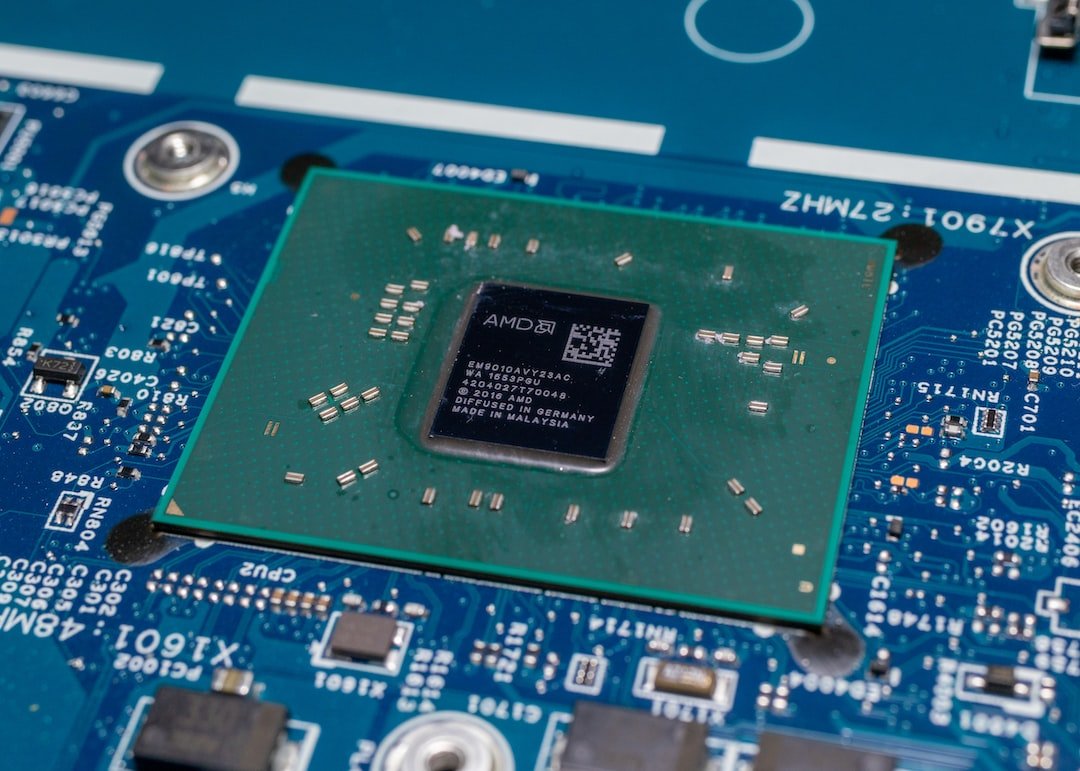Introduction
Are you considering installing smart cameras in your home or office for surveillance and monitoring? If so, it’s crucial to understand the importance of choosing a secure and reliable router that is compatible with your smart cameras. After all, the router acts as the backbone of your connected devices and plays a vital role in ensuring a seamless and secure surveillance system.
In this article, we’ll dive into the world of smart camera router compatibility. We’ll explore why it matters, how to choose the right router for your needs, and provide valuable tips on enhancing the security and reliability of your surveillance system. So, let’s get started!
The Significance of Smart Camera Router Compatibility
Before we delve into the details of smart camera router compatibility, let’s take a moment to understand why it’s so important. When setting up a smart camera system, your devices, including the cameras, router, and other components, need to communicate with one another effectively. This communication relies on the compatibility between the camera’s features and the capabilities of your router.
A compatible router ensures a smooth connection between your smart cameras and other devices while providing a secure and reliable network infrastructure. It enables you to remotely access and manage your cameras, receive live feeds, and store recordings without any interruptions.
Factors to Consider When Choosing a Smart Camera Router
There are several factors to consider when selecting a router that is compatible with your smart cameras. Let’s explore these factors in more detail:
1. Wireless Standard and Range
When it comes to smart camera router compatibility, the wireless standard and range are crucial considerations. Most smart cameras use Wi-Fi for wireless connectivity, so it’s essential to choose a router that supports the appropriate wireless standards, such as Wi-Fi 5 (802.11ac) or the latest Wi-Fi 6 (802.11ax).
Additionally, consider the range of the router. If you have a large property or plan to install cameras in distant locations, opt for a router with a long-range capability or invest in a mesh Wi-Fi system to ensure optimal coverage.
2. Bandwidth and Speed
Smart cameras require a stable and high-speed internet connection to transmit video footage without latency or buffering. When selecting a router, consider its maximum bandwidth and speed capabilities. Look for routers that support gigabit Ethernet ports and offer dual or tri-band options for efficient data transfer between devices.
3. Security Features
Security is of utmost importance when it comes to smart camera systems. Look for routers that offer robust security features such as WPA3 encryption, firewall protection, and the ability to create virtual private networks (VPNs) for remote access. These features ensure that your surveillance system remains secure and protected from unauthorized access.
4. Quality of Service (QoS)
To ensure a smooth experience with your smart cameras, consider routers that offer Quality of Service (QoS) settings. QoS prioritizes network traffic, giving video data from your cameras higher priority over other devices on the network. This helps reduce latency and ensures a consistent video streaming experience.
5. Parental Control and Guest Network Support
If you have young children at home or frequently host guests, look for routers that offer parental control features and the ability to create guest networks. Parental controls allow you to restrict access to certain websites or set usage time limits, ensuring a safe online environment for your family. Guest networks, on the other hand, provide a separate network for visitors, keeping your main network and smart cameras isolated for added security.
Enhancing the Security and Reliability of Your Surveillance System
Now that we have a better understanding of the factors to consider when choosing a router for smart camera compatibility, let’s explore some additional tips to enhance the security and reliability of your surveillance system:
1. Keep Firmware Updated
Regularly updating your router’s firmware is essential for maintaining the highest level of security and performance. Manufacturers often release firmware updates to address security vulnerabilities and enhance compatibility with new devices. Make it a habit to check for firmware updates and install them promptly.
2. Enable Strong Passwords and Two-Factor Authentication
Weak passwords are a significant security risk. Ensure that you set strong, unique passwords for both your router and smart camera accounts. Additionally, enable two-factor authentication whenever possible. This adds an extra layer of security by requiring a secondary verification method, such as a code sent to your phone, to access your accounts.
3. Enable Router Firewalls
Routers often come with built-in firewalls that help protect your network from external threats. Ensure that the firewall is enabled on your router to prevent unauthorized access and block malicious traffic.
4. Create a Separate VLAN for Smart Cameras
Consider creating a separate VLAN (Virtual Local Area Network) for your smart cameras. This isolates your cameras from other devices on the network, minimizing the risk of unauthorized access to your surveillance system.
5. Utilize VPN for Remote Access
When accessing your smart cameras remotely, always use a Virtual Private Network (VPN) for an encrypted and secure connection. A VPN creates a private tunnel between your device and the camera, making it difficult for hackers to intercept your data.
FAQ
Here are some frequently asked questions about smart camera router compatibility:
| Question | Answer |
|---|---|
| What is the importance of home network setup in smart camera router compatibility? | A well-configured home network setup ensures seamless communication between your smart cameras and the router, enhancing compatibility and optimizing performance. For tips on home network setup, check out our helpful guide here. |
| What should I do if I encounter issues with my router while setting up my smart cameras? | If you experience any troubleshooting issues with your router, check out our comprehensive guide here for step-by-step solutions. |
| Can I integrate smart cameras with gaming routers? | Yes, you can integrate smart cameras with gaming routers, provided that the router meets the necessary compatibility requirements. For a guide on selecting the right gaming router, refer to our helpful article here. |
Conclusion
Choosing a secure and reliable router for your smart cameras is crucial for maximizing the performance and security of your surveillance system. By considering factors such as wireless standards, bandwidth, security features, and QoS, you can ensure seamless compatibility between your smart cameras and router. Additionally, implementing security practices like firmware updates, strong passwords, and separate VLANs further enhance the security and reliability of your surveillance system.
Investing time in selecting the right router and following best practices will provide you with peace of mind, knowing that your smart camera system is operating efficiently and securely.
Further Reading
User
Further Reading
For more information on routers, smart home integration, and other related topics, check out the following resources:
| Website | Description |
|---|---|
| Tom’s Guide | A comprehensive resource for router recommendations, troubleshooting, and in-depth articles on smart home integration. |
| How-To Geek | Offers expert advice on router security, firmware updates, and advanced network configurations for enhanced smart camera compatibility. |




